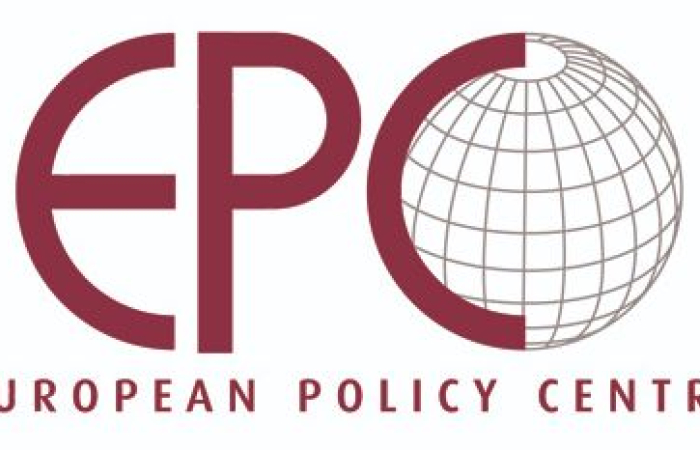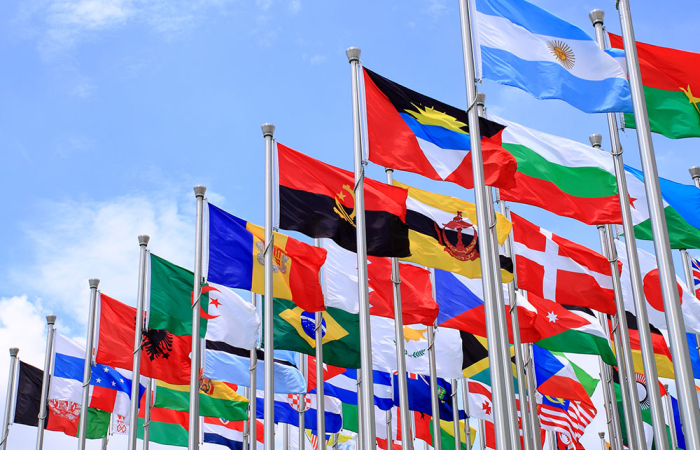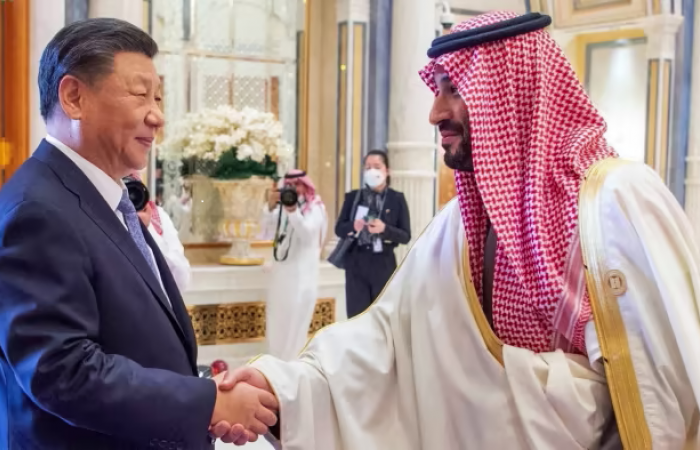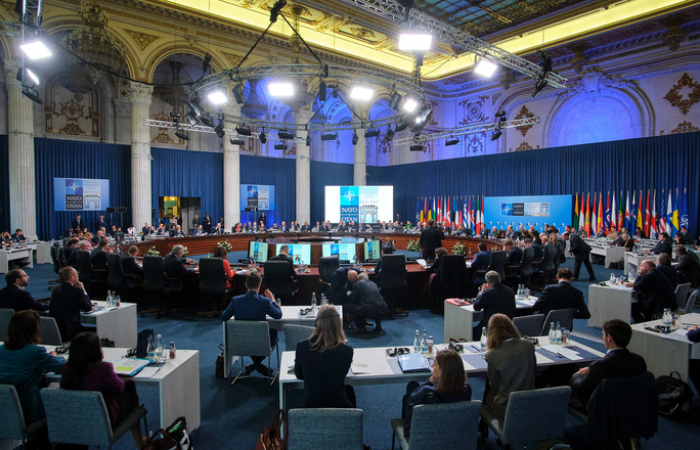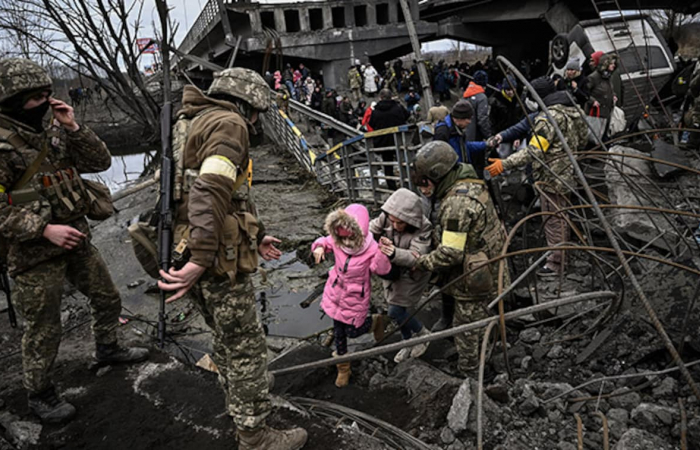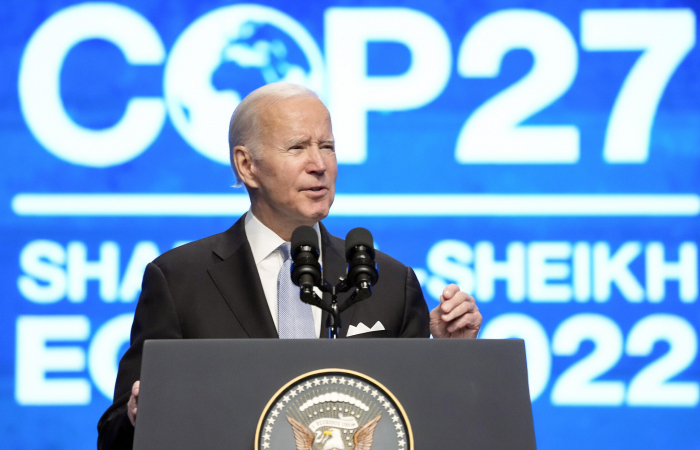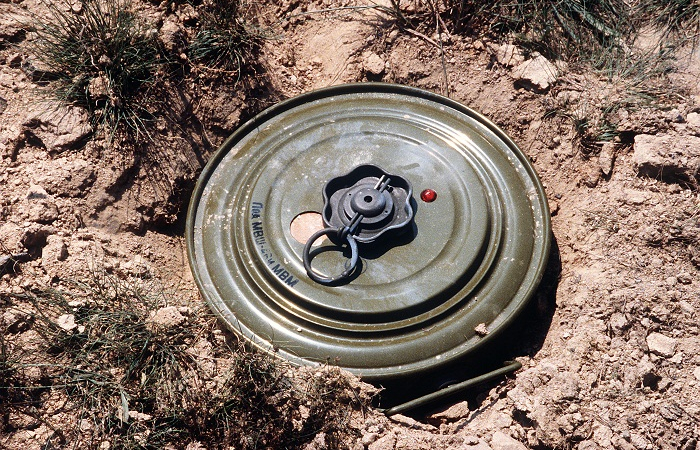Trending
Commentary: Is this the EU’s last chance to bring peace and reconciliation to Armenia and Azerbaijan?
4 October 2023
On the eve of the expected meeting between the leaders of Armenia and Azerbaijan in Granada on Thursday (5 October), on the margins of the gathering of the European Political Community, Brussels' leading think tank, the European Policy Centre, has published a commentary by commonspace.eu Managing Editor and Director of LINKS Europe, Dr Dennis Sammut on the prospects of the EU's initiative to bring lasting peace between Armenia and Azerbaijan.
He argues that "the exodus of 100,000 Armenians from Karabakh following the recent Azerbaijani military operation has focused minds. However, as it pursues its peace initiative with Armenia and Azerbaijan, the EU’s primary objective is to get both sides to sign a peace agreement. Going forward, the EU needs to adopt a regional approach as the core of its engagement with the South Caucasus."
Given the speed of changes on the ground, there is a risk that the EU peace initiative may run out of steam or become irrelevant since, at this point, Armenia-Azerbaijan relations can take different trajectories. Granada offers the last opportunity for a substantial peace agreement that would, at last, turn the page on an ugly chapter of modern South Caucasus history. It is unlikely that a substantial deal can be signed yet. Still, in Granada, it should become quite clear whether the conditions exist to overcome the final obstacles, with the sides formally recognising each other’s territorial integrity based on the borders stated in the 1991 Almati Declaration, and, eventually, by establishing full diplomatic relations.
The EU needs to be strategic in its vision and focused on its approach. Getting an Armenia-Azerbaijan peace deal agreed and signed by the end of the year must now be the priority.



